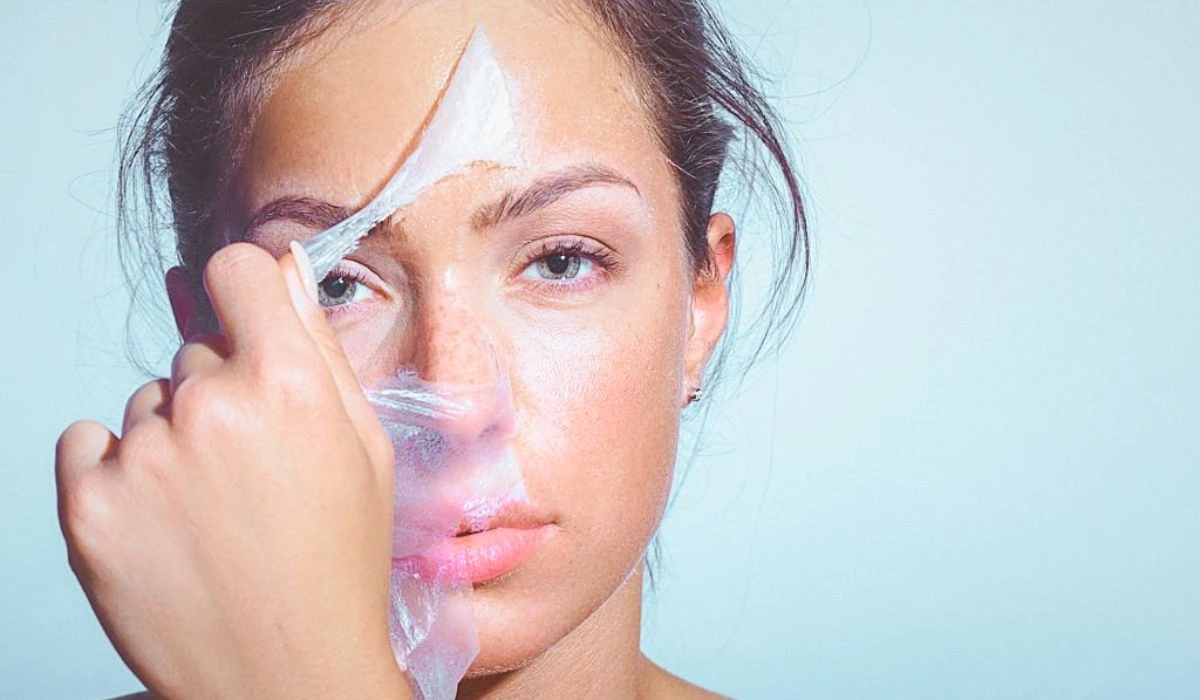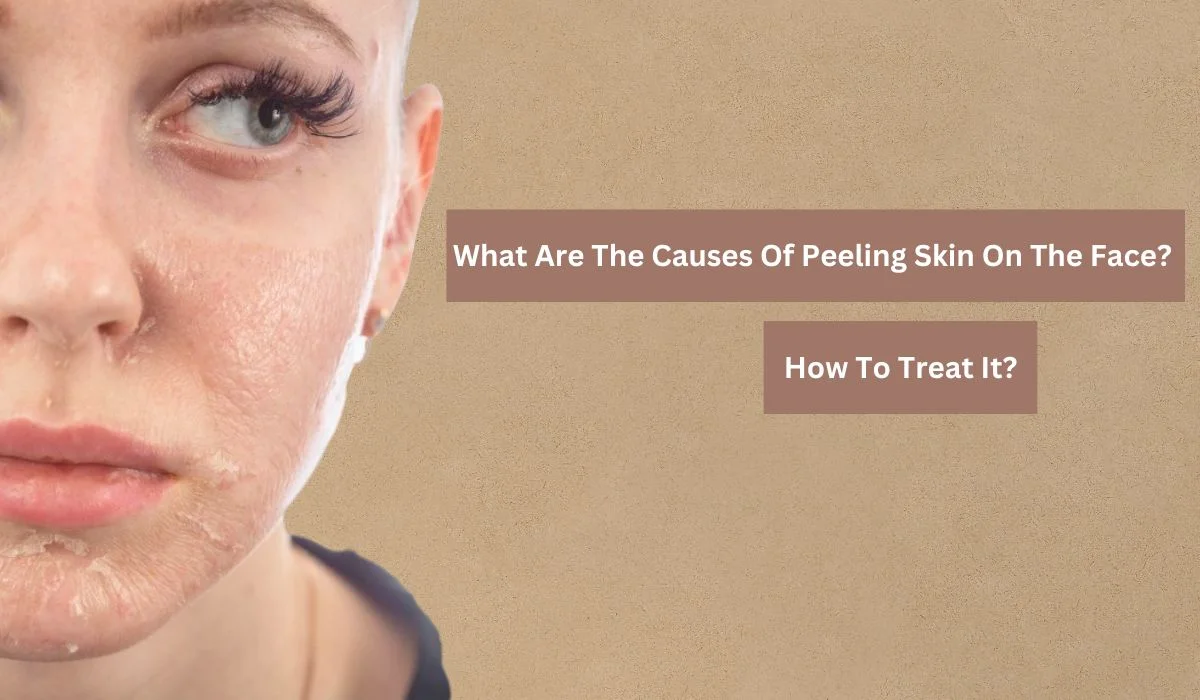Is peeling skin on the face a hip exfoliation trend? Or is it just your face birthing a snake? A variety of factors can lead to this common issue. It’s imperative to understand the causes in order to find the right treatment.
Dryness, due to harsh weather or lack of moisturization, is one cause. Another is overexposure to the sun, which can cause sunburn and subsequent peeling. Skin conditions like eczema or psoriasis can also lead to flaky skin.
For successful treatment, multiple steps must be taken. Hydrate the skin with gentle cleansers and moisturizers formulated for sensitive skin. Avoid hot water and harsh soaps. Use sunscreen with a high SPF to protect the face from UV rays.
Targeted treatments for the underlying causes may also be needed. For dryness, use products containing humectants like hyaluronic acid or glycerin. If a skin condition is a problem, then consult a dermatologist for prescription medications or topical creams.
Maintain a skincare routine and resist picking or scratching at the peeling areas as this can worsen inflammation and delay healing. By comprehending the causes and taking proactive steps, healthier and more radiant facial skin can be achieved.
Causes Of Peeling Skin On The Face
Peeling skin on your face? It could be caused by a few things. Dry skin from lack of moisture, sunburns, skin conditions like eczema or psoriasis, allergies to skincare products, environmental factors, and even improper skincare routines and habits.

To treat it, address the underlying cause. Moisturize if it’s dry, use cool compresses and soothing creams for sunburns, stop using skincare products that cause allergies, and consult a dermatologist for more severe cases.
Don’t let your face suffer from unnecessary discomfort due to peeling skin! Take proactive steps towards better skincare today and embrace a radiant complexion tomorrow! Just moisturize it with tears of laughter, that’ll do the trick!
How To Treat Peeling Skin On The Face?
For treating a face with peeling skin, proper care and attention are needed! Here’s a 5-step guide to help you manage it:
- Cleanse gently: Start by using a mild, non-irritating cleanser on your face. No harsh soaps or over-scrubbing – this can dry and irritate the skin even more.
- Exfoliate carefully: Exfoliating can help get rid of dead skin cells, but you must be careful. Opt for a gentle exfoliant and do it no more than twice a week – over-exfoliation can worsen the peeling.
- Moisturize often: Hydration is key! Choose a moisturizer made for dry or sensitive skin and apply it generously morning and night.
- Protect from the sun: Sunlight can further irritate and damage already peeling skin. Always wear broad-spectrum SPF sunscreen of at least 30 when outside during the day.
- See a doctor if needed: If your skin doesn’t improve with home remedies, consult a dermatologist for personalized help and suitable treatment options.
Also, don’t pick or scratch the peeling skin – this can lead to infection or scarring. Leading a healthy lifestyle, drinking enough water, eating balanced meals, getting enough sleep, and managing stress levels can also help keep your skin healthier and more radiant.
By following these steps consistently, you can effectively treat your peeling skin and look great! Remember though, moisturizer is your best friend, even if you look greasy.
Conclusion
What causes this skin condition? Dryness is a major factor, especially in colder months. Low humidity levels can remove moisture from the skin. Hydrating cleansers and rich moisturizers can replenish hydration levels.
Allergies to products or specific ingredients can also cause peeling. Avoiding these triggers is important to prevent further discomfort and promote healing. Testing out new products before using them can identify potential allergens.
Sunburn is another frequent offender. UV rays can damage the skin’s upper layer and cause it to peel off. Regular SPF sunscreen and protective clothing/accessories can shield the face from UV rays.
Eczema, psoriasis, or dermatitis may also be responsible. A dermatologist can recommend a tailored plan for treatment. Following their instructions plus a consistent skincare routine can help manage symptoms.

